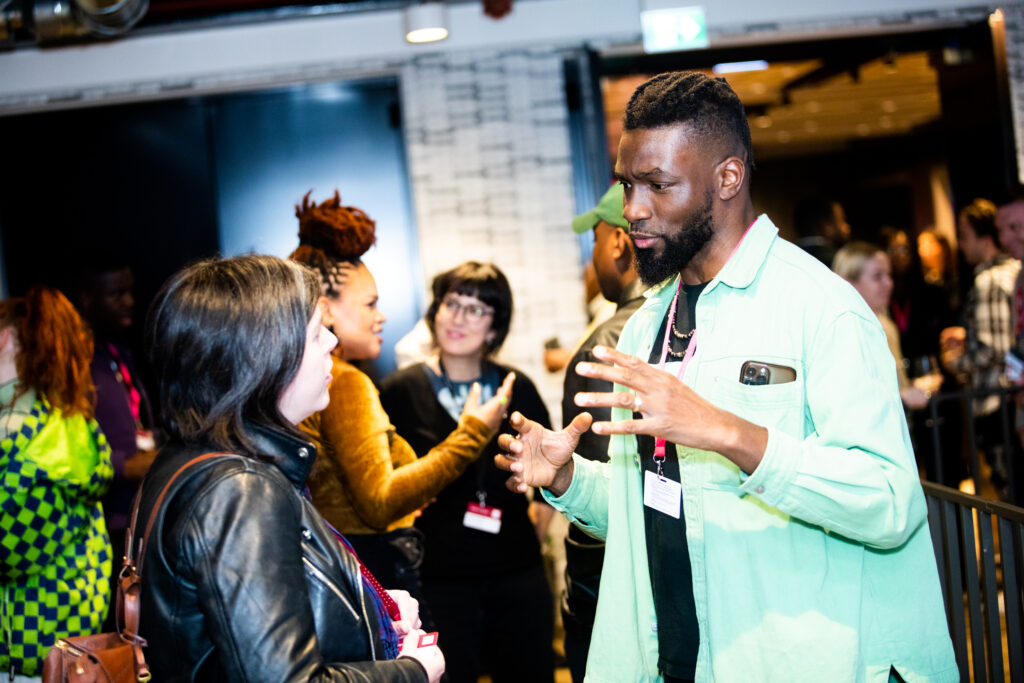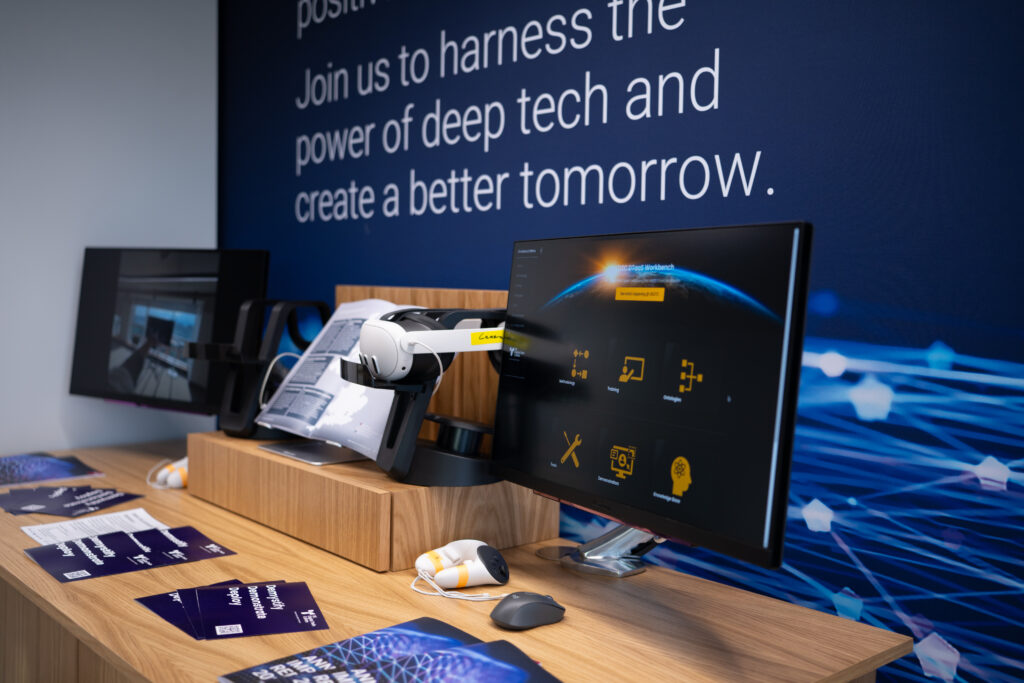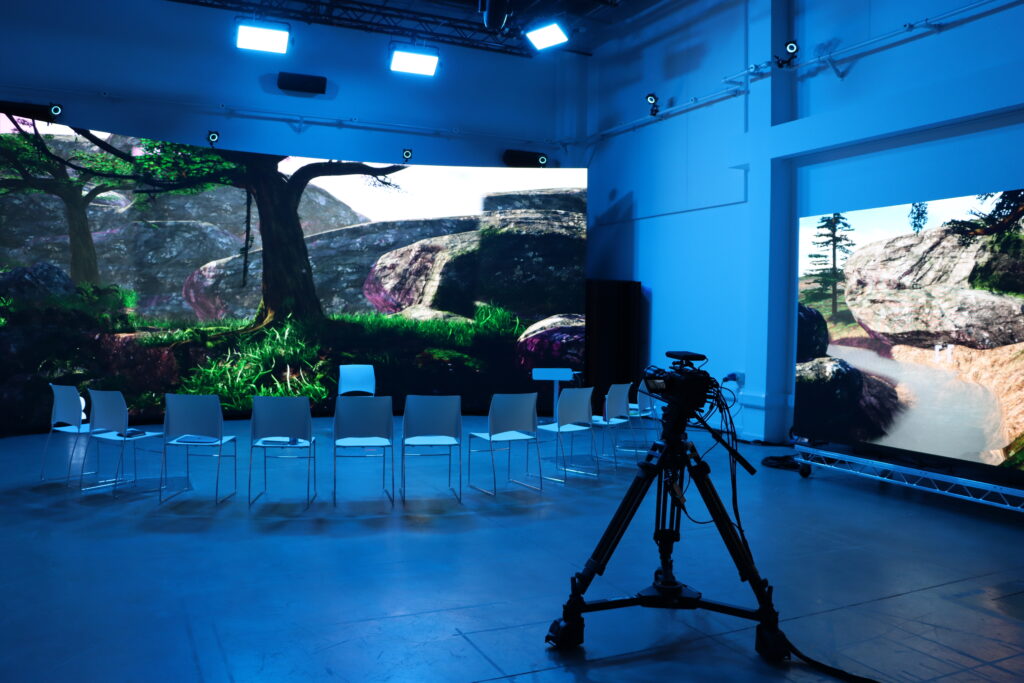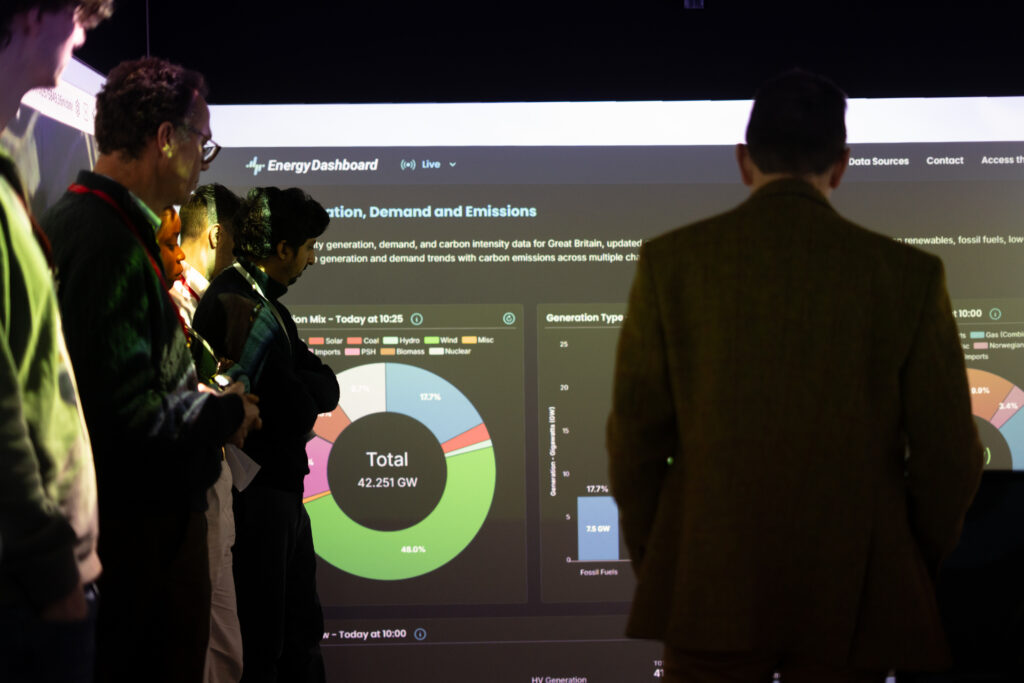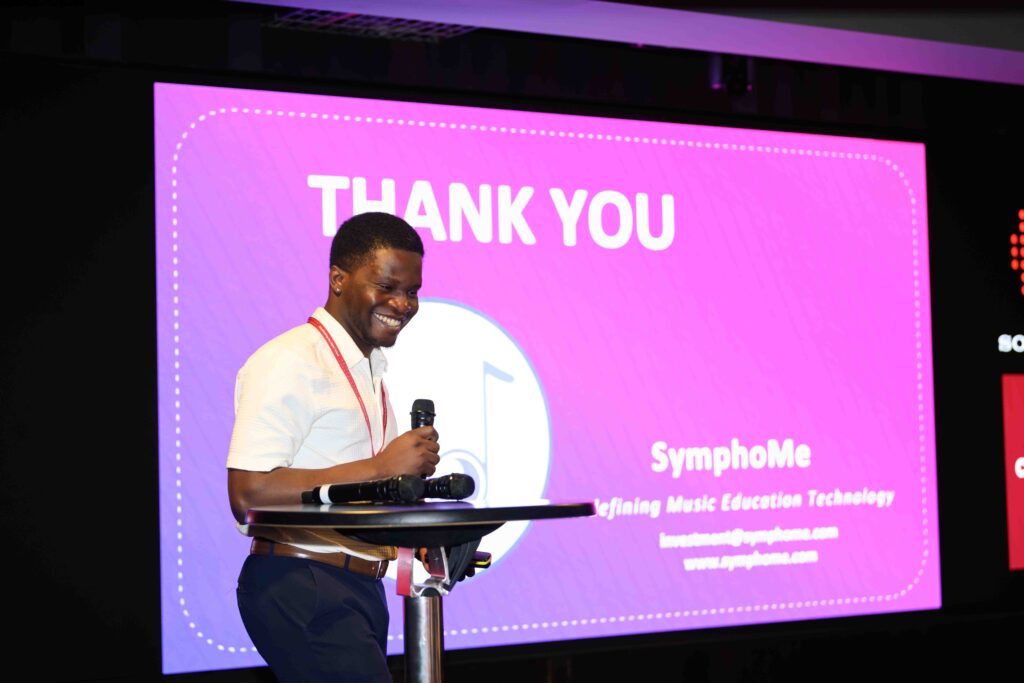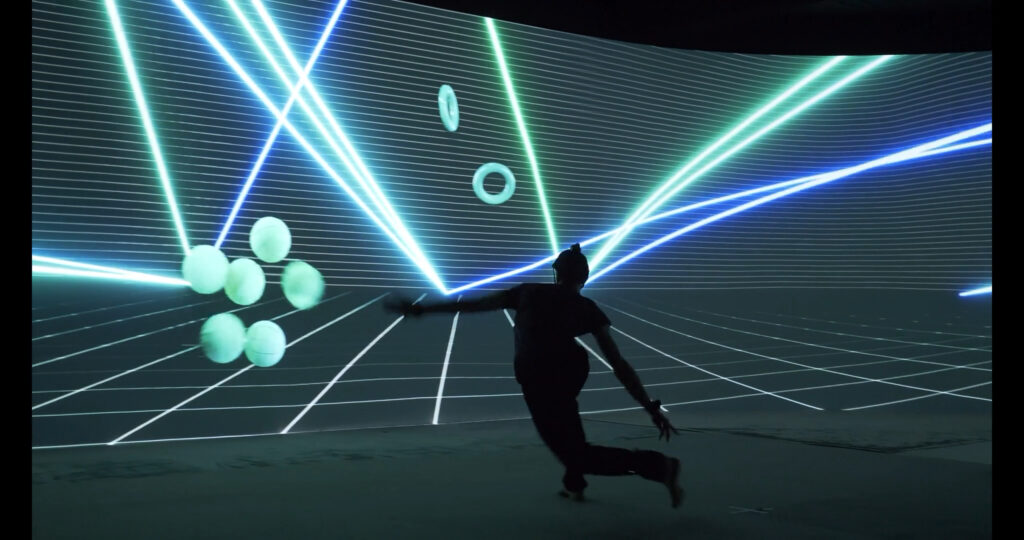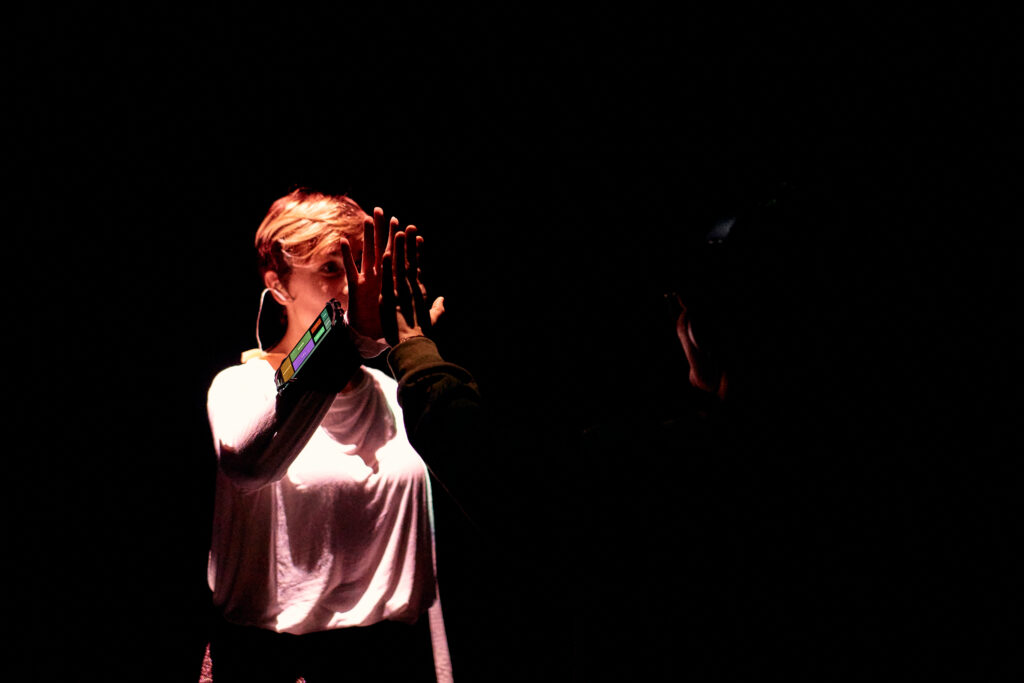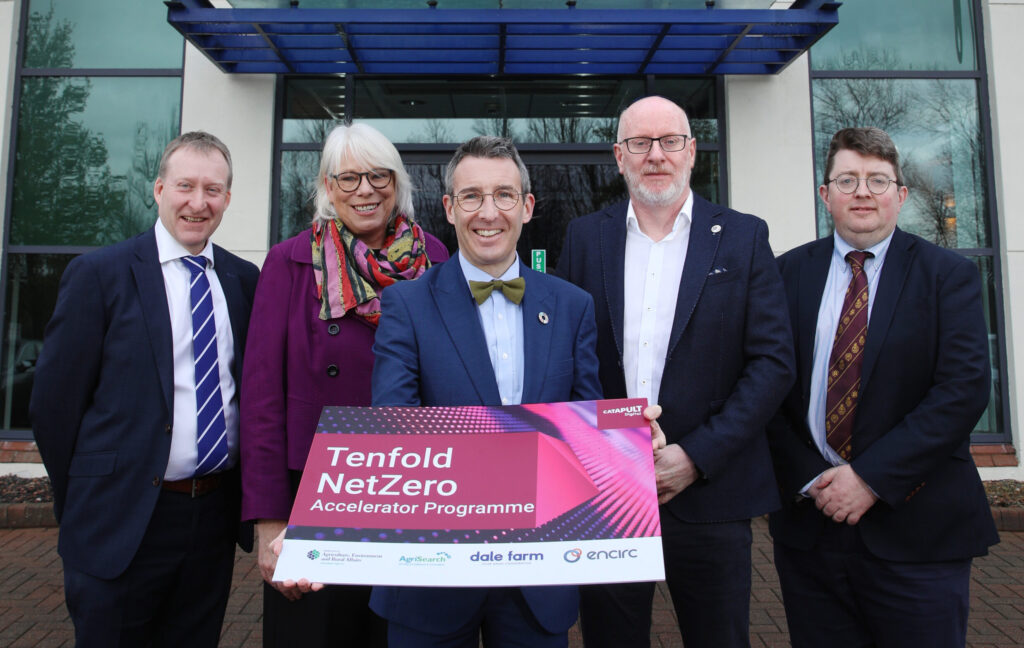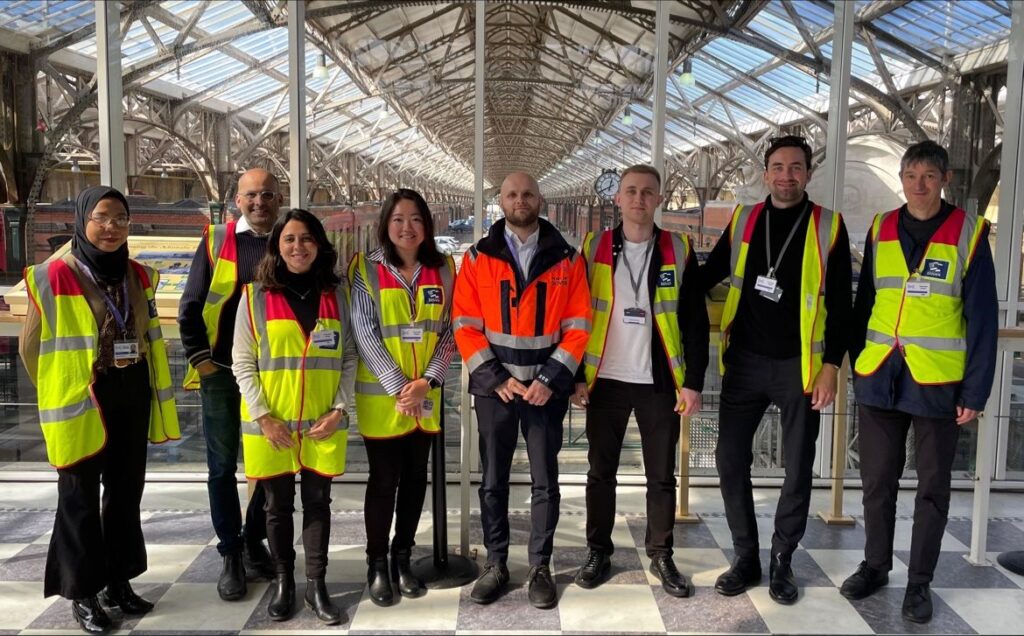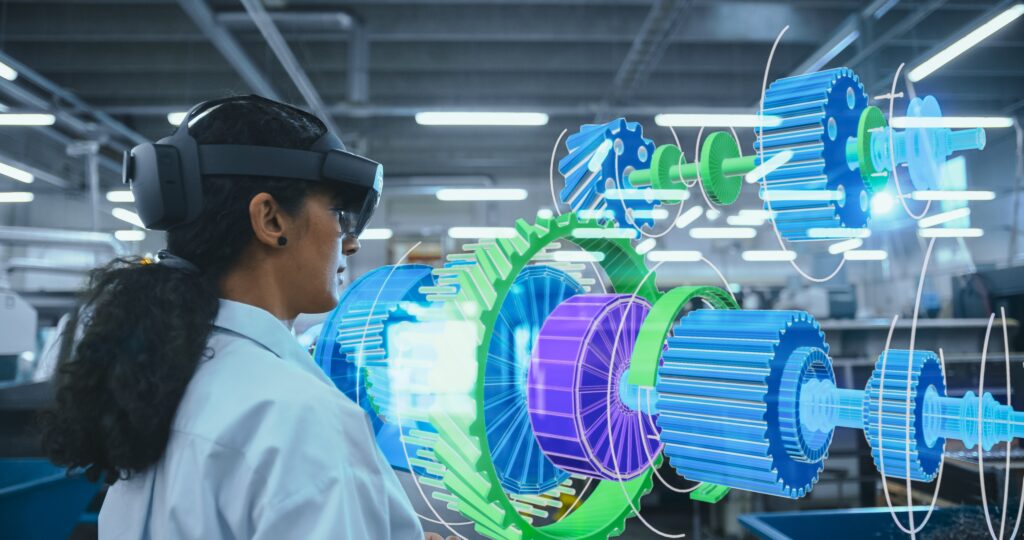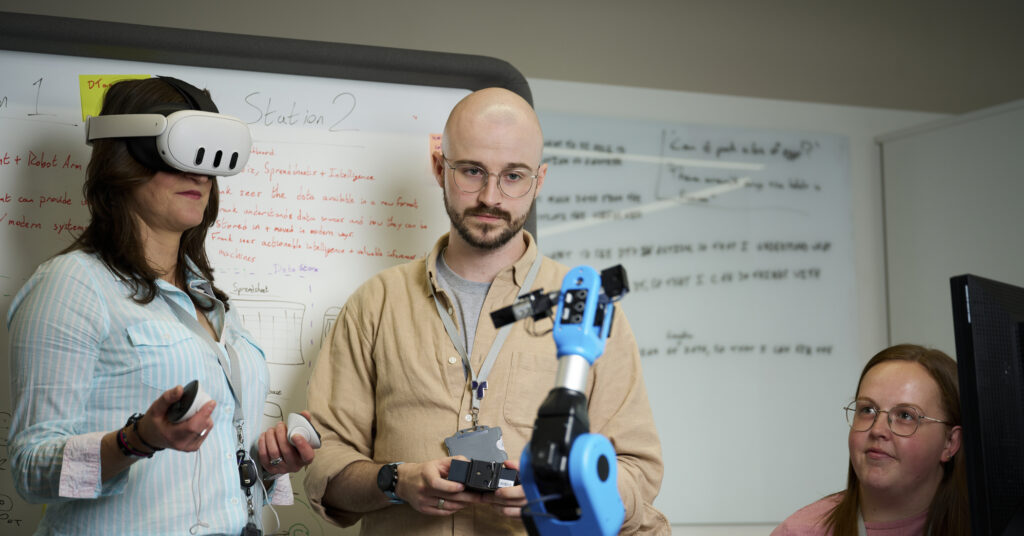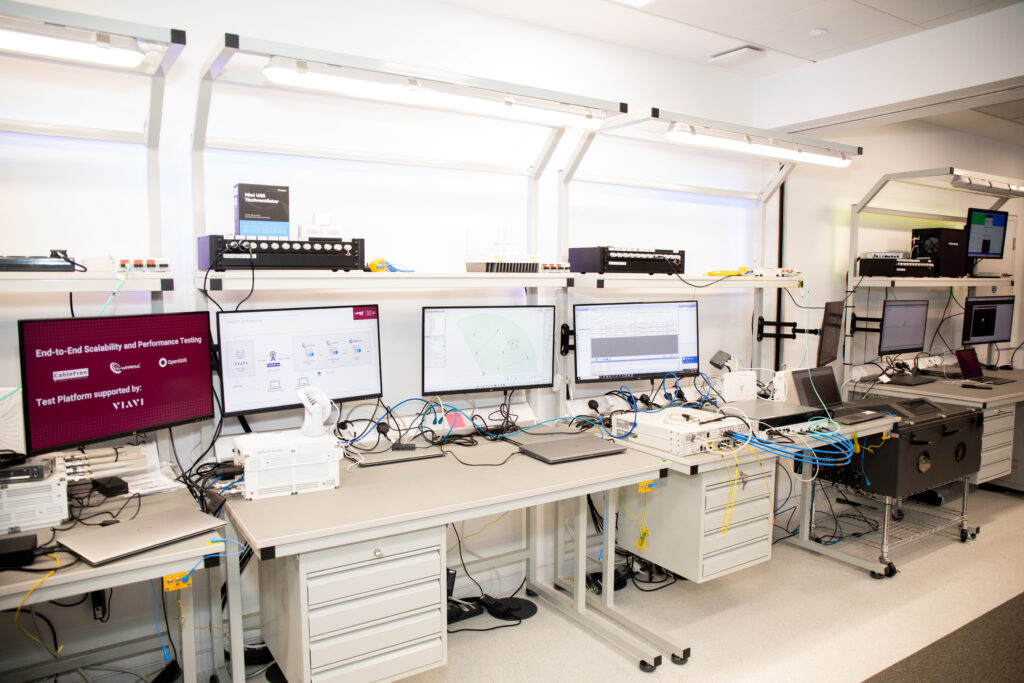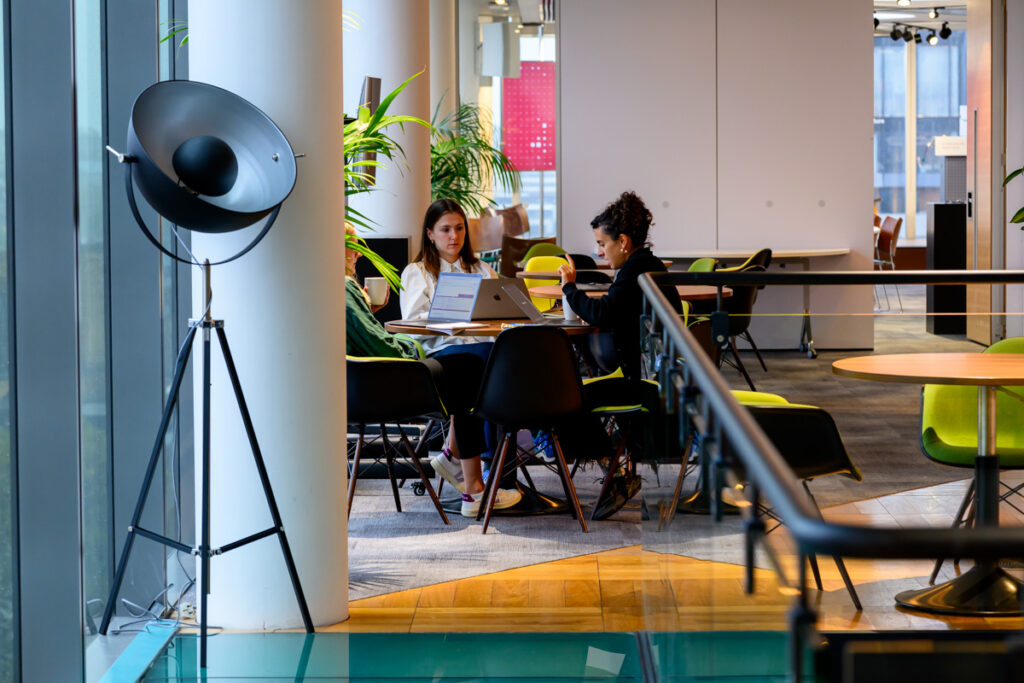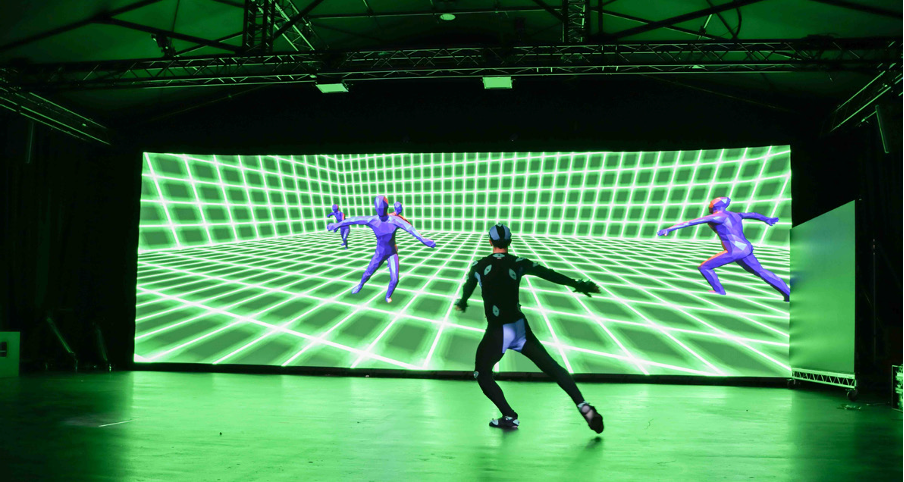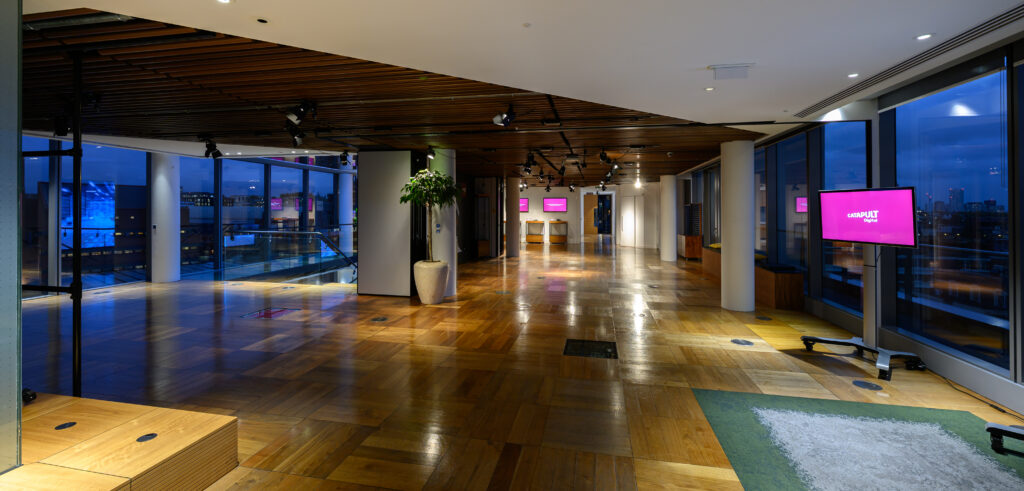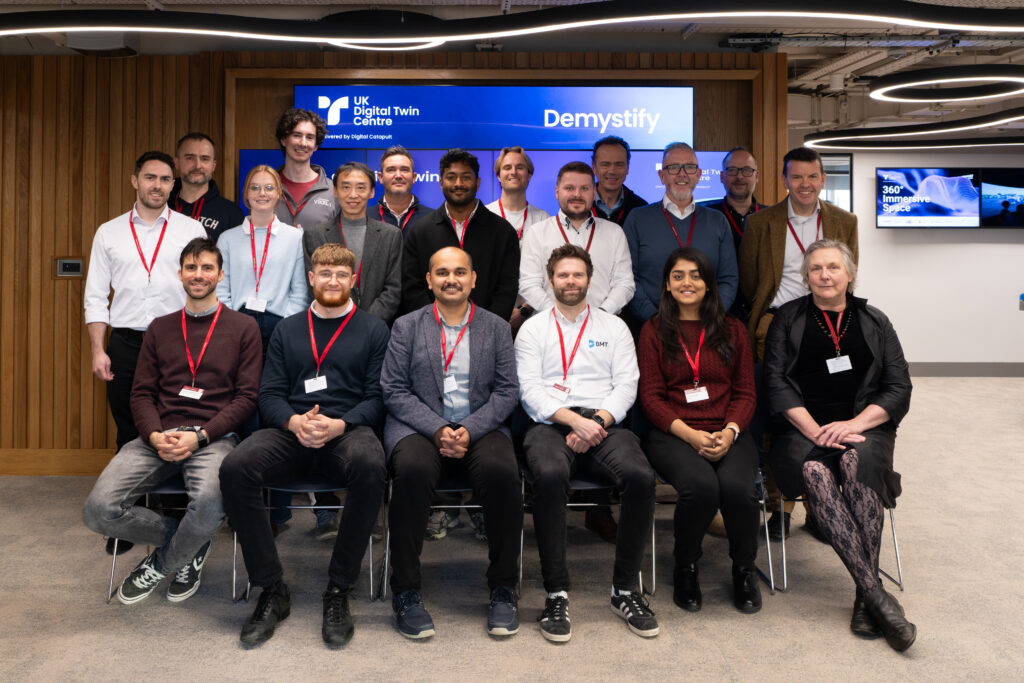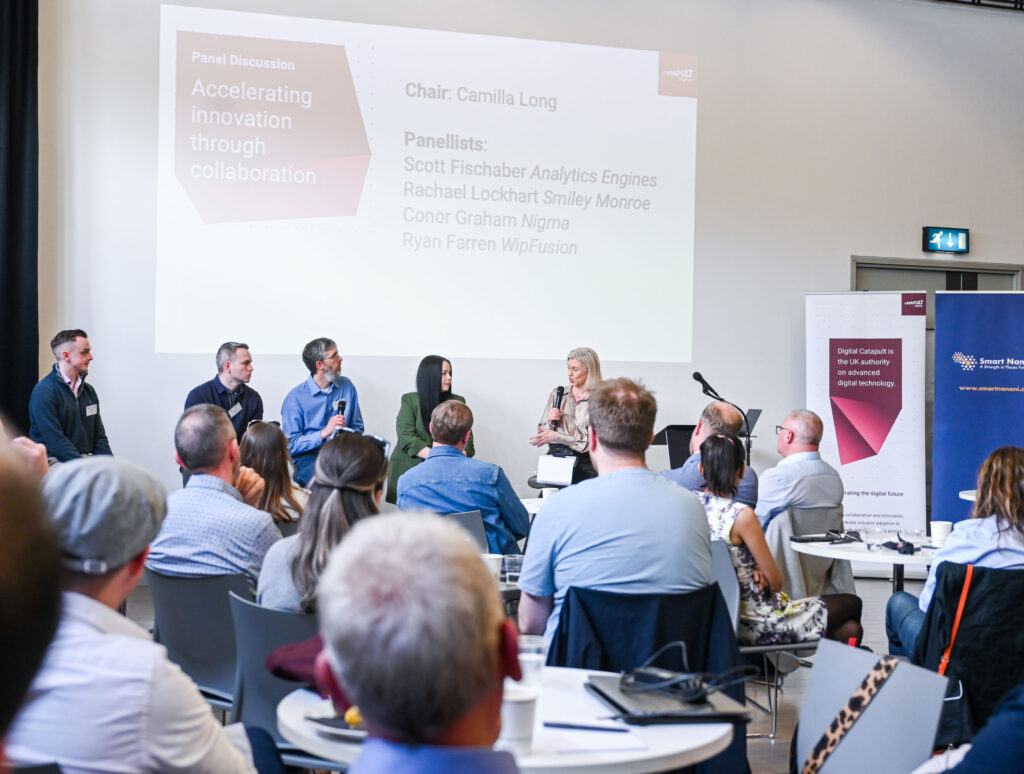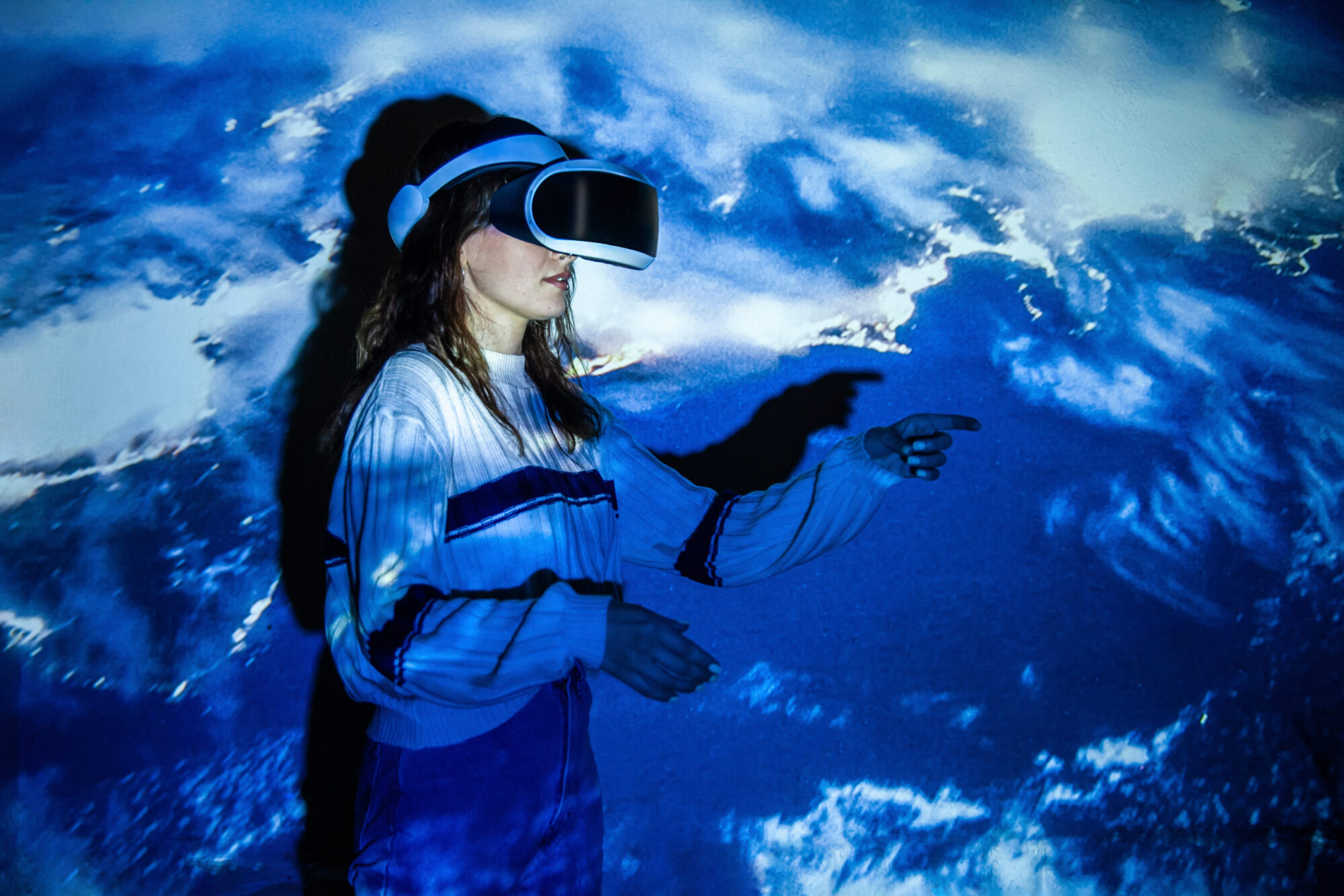Over half of the UK XR audience reported spending more time using augmented reality (AR) and virtual reality (VR) as a result of the pandemic, according to new research commissioned by UKRI’s Audience of the Future Demonstrator programme in collaboration with Digital Catapult.
Study goals: identifying trends in content and consumption habits
Immersive content that utilises ‘XR’ technologies is becoming more commonplace. Yet, there is a lack of data regarding significant markets for immersive, like the UK. With UKRI, as part of the Audience of the Future Programme, Digital Catapult wanted to provide immersive producers with a better understanding of 1) the total addressable market size and 2) how home audiences consume augmented reality (AR) and virtual reality (VR) in the UK.
The insights were collected via two online surveys, one of VR users and one of AR users, and market intelligence data via our research partner Nielsen, and were in line with other recent studies, such as StoryFutures’ Audience Insight report.
To complement self-reported surveys, we sought market data to serve the immersive creator ecosystem with information that would help them in creating credible business cases. Using Nielsen’s business intelligence platform we gained additional insight into the spending habits of XR users, the overall UK market size, and identified trends including how the wellness and exercise category in VR is growing, as is the market for education applications.
At-home VR in the UK: Gaming and social
At the beginning of 2021, approximately 600,000 VR headsets had been purchased for UK homes. VR users tend to be older, male, and have more disposable income. While VR headset buyers tend to be male, the device is used socially: 67% of respondents reported that in a typical month, they shared their VR headset with at least one other person. The use of these at-home headsets is predominantly for gaming, but VR users also said they engage with an average of three types of content on a regular basis. For younger respondents, aged 13 to 34, this gravitates towards social VR applications.
At-home AR: Social media and games
AR is broadly popular because of well known smartphone applications like Pokemon Go. As a result, the AR audience tends to be younger and female – reflected in the common uses for AR which include popular and frequently used AR features like face filters found on social media apps such as Snap and Instagram.
Although AR on a smartphone is often just a tap away, this does not appear to translate to direct earnings for creators. Only 54% of AR users regularly spend on content compared to 82% of VR users, and most of that spend is concentrated on popular AR games. Given AR users’ reluctance to spend on content directly, AR advertising that encourages spend on other products – such as physical goods – has emerged as a favoured business model.
Key takeaways for creative immersive companies
The data gathered through this study has provided a number of considerations for content creators:
- Diversified product portfolios: Content creators should strive for diversifying their product portfolios, especially with AR where developers have the potential to succeed with a wide range of apps.
- Develop a roadmap: With virtual reality content, building a product roadmap with additional content is encouraged, as over a third of VR users have purchased in-app content.
- Revenue vs. reach: VR generates revenue while AR has a far greater reach. Direct revenue has been hard to create from AR apps; it is better suited for branded content and activations – yet content creators who want to prioritise reaching a truly mainstream audience in the long run should focus on AR.
Find out more about the research in this talk on YouTube or via this presentation, which discuss revenue projections, the reach of AR advertising, audiences’ perceptions of using XR in the workplace, and the most common uses for VR and AR.










